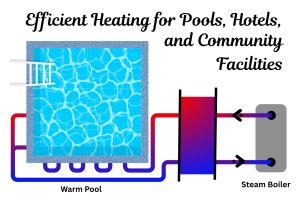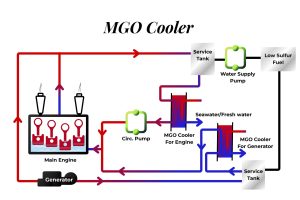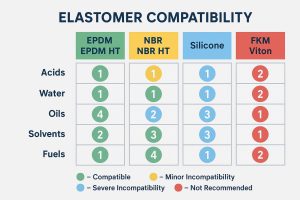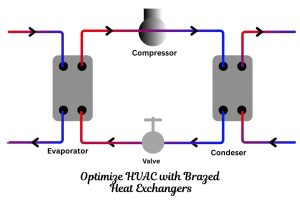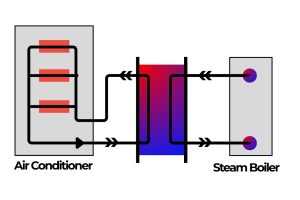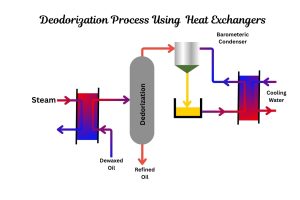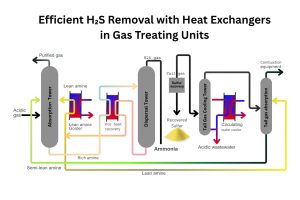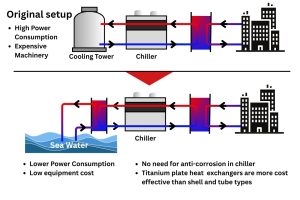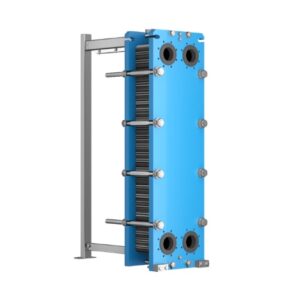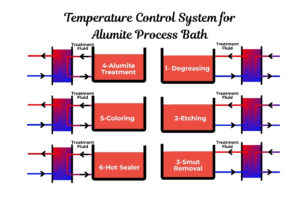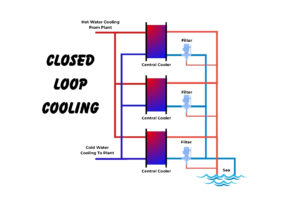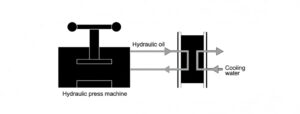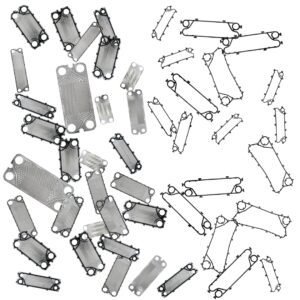How Do Heat Exchangers Benefit Your Operations?
Heat exchangers are indispensable devices that facilitate the efficient transfer of thermal energy between two or more fluids without direct contact. Their widespread adoption across diverse industries stems from their ability to significantly enhance energy efficiency, provide precise temperature control, and ultimately reduce operational expenditures.
What Are the Key Advantages of Using Heat Exchangers in Industrial Processes?
1. How Do Heat Exchangers Enhance Energy Efficiency?
At the core of their functionality, heat exchangers enable the recovery of waste heat generated by industrial processes. By capturing and reusing this thermal energy, the demand for additional energy input is significantly reduced. This practice not only conserves valuable energy resources but also translates directly into substantial cost savings for businesses.
Further reading on heat exchanger efficiency
2. How Do Heat Exchangers Assist in Precise Temperature Control?
Many industrial processes are highly sensitive to temperature fluctuations. Heat exchangers play a critical role in maintaining the precise temperature ranges required for optimal operation. This accurate temperature regulation is essential for ensuring consistent product quality, preventing equipment damage, and adhering to stringent process specifications.
Explore temperature control applications of heat exchangers
3. How Do Heat Exchangers Contribute to Environmental Sustainability?
In an era of increasing environmental awareness, heat exchangers offer a pathway to more sustainable industrial practices. By boosting energy efficiency, they directly contribute to a reduction in greenhouse gas emissions associated with industrial energy consumption. This aligns with global initiatives aimed at promoting environmentally friendly operations and minimizing the carbon footprint of industries.
4. How Do Heat Exchangers Offer Space and Weight Advantages?
Compared to traditional heat transfer methods, heat exchangers are often designed to be compact and lightweight. This design advantage is particularly valuable in industrial facilities where space optimization is crucial. Their smaller footprint allows for more flexible equipment placement and can potentially lead to lower transportation and installation costs.
5. How Do Heat Exchangers Extend Equipment Lifespan?
Maintaining optimal operating temperatures is vital for the longevity of industrial equipment. Heat exchangers facilitate this by preventing overheating and excessive thermal stress on machinery. By ensuring consistent and controlled temperatures, they contribute to reduced wear and tear, lower maintenance requirements, and ultimately a prolonged lifespan for critical industrial assets.
6. In Which Industries Are Heat Exchangers Commonly Used?
The versatility of heat exchangers allows for their integration across a wide spectrum of industries, including:
- Wastewater Treatment: Maintaining optimal temperatures in anaerobic digesters to enhance microbial activity. More on heat exchangers in wastewater treatment
- Refrigeration: Efficiently transferring heat to facilitate essential cooling processes.
- Petroleum Refining: Precisely managing temperatures during various critical refining stages.
- Nuclear Power: Regulating heat within power generation systems to ensure safe and efficient operation.
- Food and Beverage Manufacturing: Ensuring accurate temperature control throughout the production process to maintain quality and safety.
7. How Do Heat Exchangers Prevent Cross-Contamination?
In industries where maintaining fluid purity is paramount, such as pharmaceuticals and food processing, heat exchangers are designed to prevent direct contact between the fluids involved in the heat transfer process. This separation eliminates the risk of cross-contamination, safeguarding product integrity and meeting stringent hygiene standards.
8. How Do Heat Exchangers Enhance Safety and Compliance?
By providing controlled environments for heat transfer, especially when handling potentially hazardous materials, heat exchangers play a crucial role in minimizing the risk of accidents. Their use helps industries comply with stringent safety regulations and ensures a safer working environment for personnel.
9. How Do Heat Exchangers Facilitate Efficient Heat Recovery?
A key benefit of heat exchangers is their ability to efficiently capture and redistribute thermal energy within industrial systems. This is particularly valuable in waste heat recovery applications, where otherwise lost energy can be effectively reused, reducing the need for additional energy inputs and supporting environmental sustainability objectives.
10. How Do Heat Exchangers Provide Cost-Effective Heat Transfer Solutions?
The combination of operational efficiency and the ability to recover and reuse heat makes heat exchangers a highly cost-effective solution for industrial heat transfer needs. The long-term savings achieved through reduced energy consumption and lower maintenance costs make them a sound investment for industries aiming to optimize their processes without compromising performance.
What Should You Consider When Selecting Heat Exchanger Components and Services?
Where to Buy Plate Heat Exchanger Gaskets?
When sourcing gaskets for your plate heat exchangers, it is crucial to select suppliers who offer high-quality, compatible gaskets. This ensures optimal sealing, efficient performance, and the longevity of your equipment. Explore reliable suppliers like Heating Formula for plate heat exchanger spare parts.
How to Replace PHE Gaskets?
Replacing gaskets in Plate Heat Exchangers (PHE) requires a systematic approach:
- Shutdown and Safety First: Always ensure the system is completely shut down and depressurized before commencing any work.
- Careful Disassembly: Open the heat exchanger by carefully following the specific guidelines provided by the manufacturer.
- Gentle Gasket Removal: Remove the old, worn gaskets without causing any damage to the delicate heat exchanger plates.
- Thorough Cleaning: Clean the surfaces of the plates meticulously

